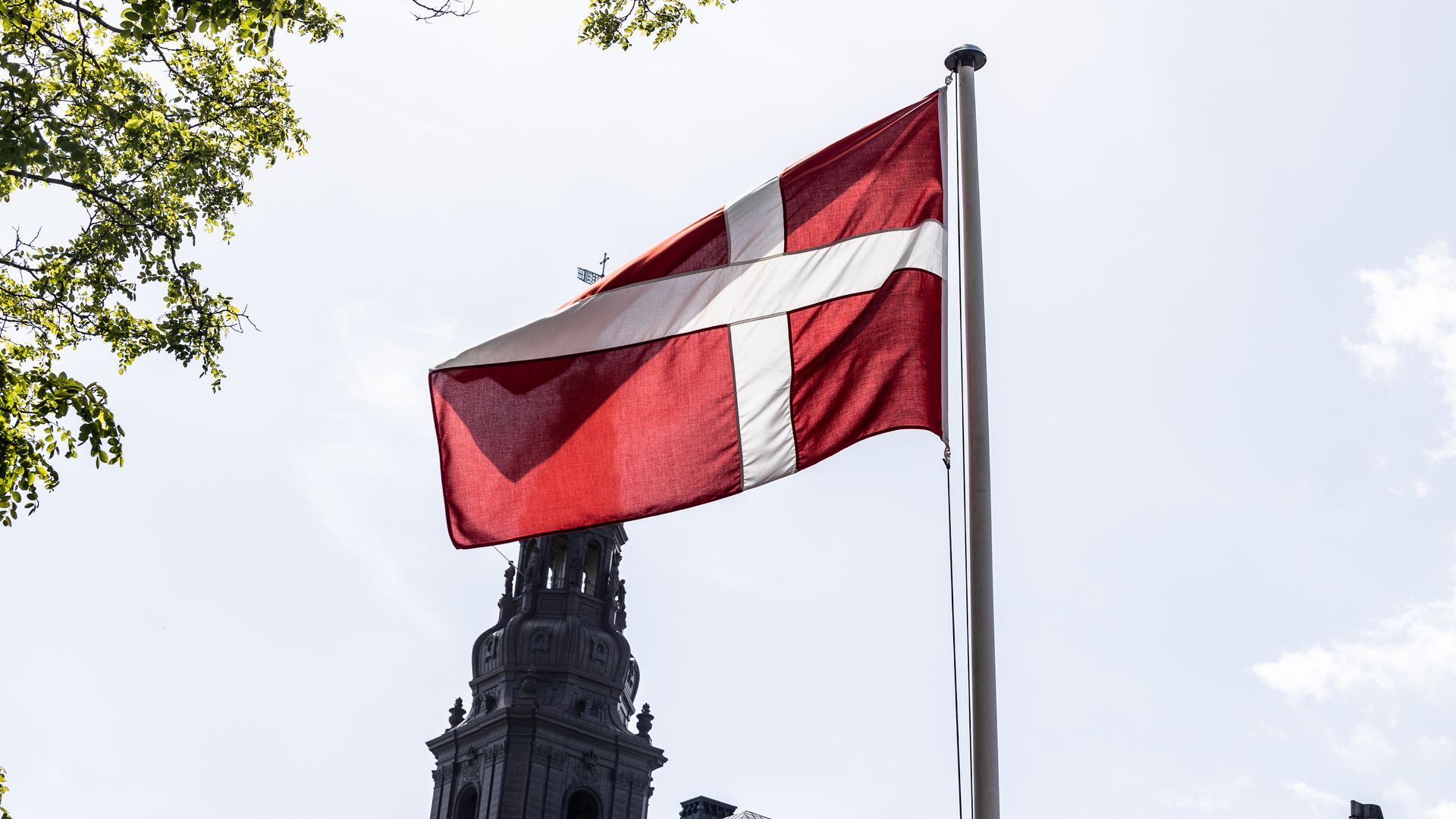Denmark plans to give its citizens ownership over their own likenesses in an effort to combat deepfakes. The proposal would alter existing copyright law to give individuals recourse if their bodies, faces or voices are cloned and disseminated against their will.
The Danish government says the protections, which have broad political support, would be the first of their kind in Europe, The Guardian reported.
Jakob Engel-Schmidt, Denmark’s culture minister, said the proposal sends “an unequivocal message that everybody has the right to their own body, their own voice and their own facial features.”
“Human beings can be run through the digital copy machine and be misused for all sorts of purposes, and I’m not willing to accept that,” Engel-Schmidt told The Guardian.
‘Severe fines’ and compensation
If the proposal is approved, citizens will be given the right to ask online platforms to remove deepfakes based on their likeness. If an online service does not comply, Engel-Schmidt said, it would be subject to “severe fines.”
“That is why I believe the tech platforms will take this very seriously indeed,” he said.
The proposal also protects artists, such as musicians and actors, against “realistic, digitally generated imitations.” Those affected could receive compensation, although the proposal says the protections do not apply to parody or satire.
Most deepfakes involve pornography
A 2019 report by Sensity AI, a visual threat intelligence company that specializes in deepfake detection, found that 95% of all online deepfakes were nonconsensual pornography. On top of that, 90% of those involved women.
An analysis by Wired in 2024 showed that Google has received more than 13,000 copyright complaints regarding nonconsensual deepfakes. That number continues to rise amid an exponential growth in artificial intelligence technology.
In May, President Donald Trump signed into law the Take It Down Act, which bans the nonconsensual publication of sexually explicit images and videos, whether authentic or AI-generated. The law requires online platforms to remove such content within 48 hours of a victims’ request. Perpetrators could face criminal penalties.
